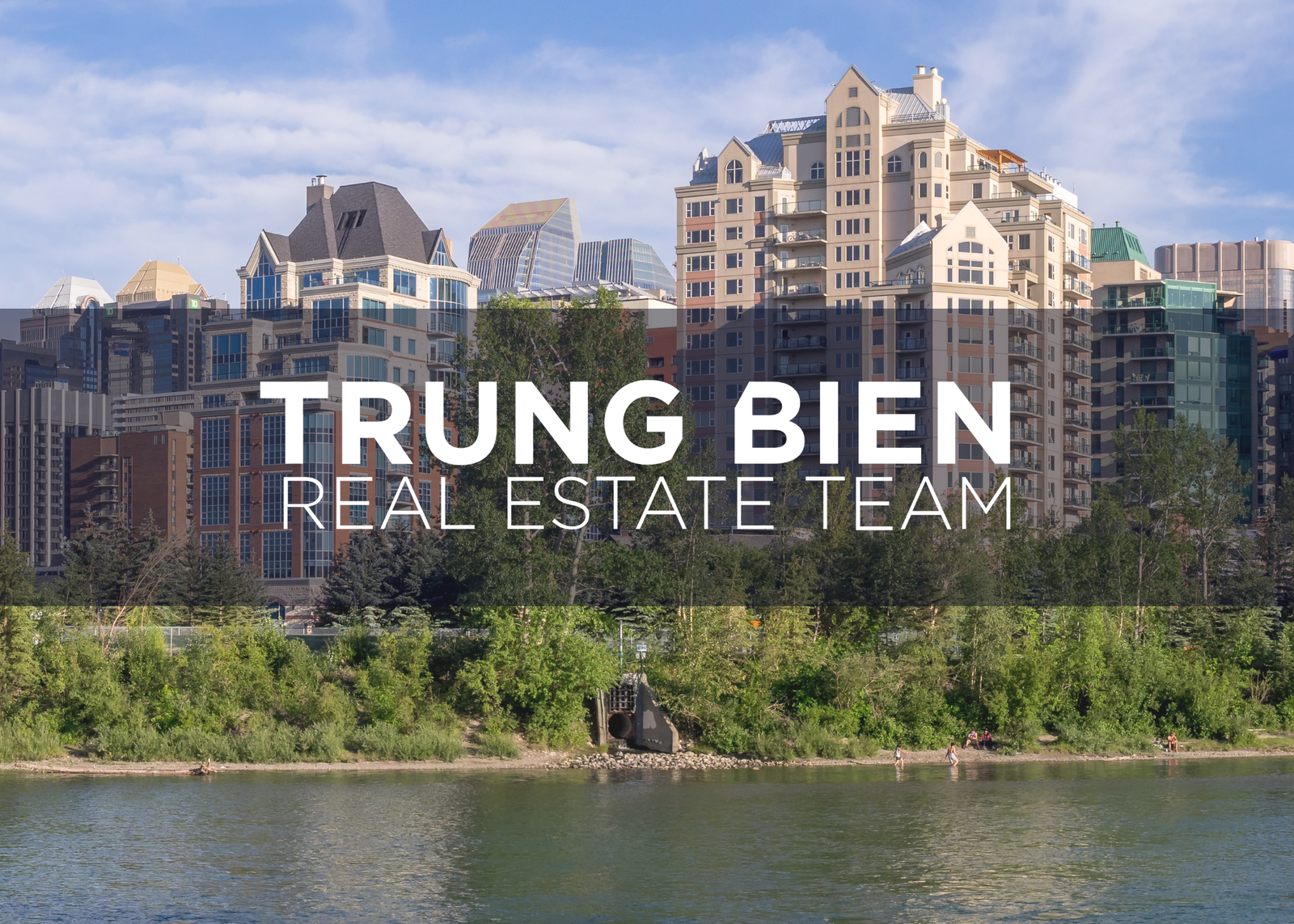
A Practical Guide to Pricing, Tenants, and How to Get Started
For many sellers, the current market conditions pose a difficult question: sell at a price that feels too low or rent the property until conditions improve?
For anyone who never planned to own an investment property, the idea of becoming a landlord can feel overwhelming. The good news is that with the right strategy, a crash course in property management and expert guidance when you need it, it can work to your advantage.
You Never Planned to Be a Landlord, But Don’t Be One Without a Plan
Accidental landlords are more common than you think. So, if you purchased your home without intending to rent it, rest assured, you’re not alone.
Regardless of how you ended up here, the path forward starts with a mindset shift. Instead of focusing on the factors that are out of your hands, such as market conditions, think of your condo as a business investment. This mindset shift helps you remain positive and proactive about factors you can control.
Before you list your property for rent, there are two non-negotiables every accidental landlord should know from the start:
1. Know your carrying costs - Before choosing a price or screening tenants, you need to know your baseline monthly overhead. Make a list of and add up: mortgage, condo fees, property tax, insurance, any utilities you cover, maintenance reserve (5–8% of monthly rent, and vacancy allowance (1–2 weeks per year).
This number becomes your foundation. It tells you whether your priority is:
- breaking even,
- generating modest cash flow, or
- filling the unit quickly to avoid vacancy loss.
2. If you live in a condo, know your condo bylaws - Every condo corporation has its own rules for rentals, and failing to follow them can create headaches later. These rules shape your ideal tenant profile and determine what you can offer in your listing.
Ensure you review:
- Minimum lease length (some buildings require 6–12 months)
- Move-in/move-out rules (elevator bookings, fees, access times)
- Short-term rental policies
- Tenant insurance requirements
Being sure about your carrying costs and condo bylaws (if applicable) upfront prevents missteps, eliminates surprises, and ensures your rental strategy is grounded in reality rather than guesswork, especially as you get ready to price.
Pricing Your Rental: Prioritize Strategy Over Guesswork
In today’s balanced rental market, overpricing guarantees longer vacancies. The goal isn’t the highest rent, it’s the best net return. This outcome stems from minimizing downtime and balancing against your carrying costs.
Here’s how to price effectively:
Start with data, not emotion. Compare similar units in your building or neighbourhood first, then expand to nearby listings.
Watch absorption, not just asking prices. If similar homes sit unrented after two weeks, the market is signalling that your price is too high.
Price within search bands. Dropping from $2,025 to $1,995 brings your listing into more filtered searches.
Present value, not just price. Bright lighting, fresh paint, and professional photos significantly reduce time on market. Also consider using ChatGPT to help write a compelling ad description.
Smart pricing blends market comparables, your carrying costs, and tenant psychology. One of the biggest mistakes many new or accidental landlords make is holding out for an extra $50–$100/month — and losing $2,000+ in vacancy.
Finding and Keeping Great Tenants
A great tenant pays on time, looks after your space, and saves you the significant cost of turnover advertising, cleaning, screening, and inevitable vacancy. They also shield you from stressful scenarios, such as late payments or dealing with the formal eviction process if things go sideways, which can quickly drain your time, energy, and patience.
To attract quality tenants:
- Lead with lifestyle. Highlight proximity to the C-Train, river pathways, and amenities; these factors matter as much as square footage.
- Consider pets (with deposits + references). Pet owners stay longer and treat homes like their own.
- Offer flexible terms. 12–18 months works well; shorter terms at a premium if you may sell soon.
And remember: just because you can raise rent doesn’t mean you should. Most renters are operating within tight budgets. Keeping a reliable tenant at their current rate often produces a better long-term outcome than forcing a move for a nominal rent increase.
When to Call in the Pros
Managing a rental property can be straightforward — until it isn’t. Between potential condo bylaws, move-in bookings, lease compliance, maintenance, inspections, and tenant communication, professional management can save time, money, and stress.
A qualified leasing or management company will help you price your property accurately, market it with professional photography, handle showings, screening, and leases, manage rent collection, and, ideally, maintain strong tenant relationships.
If you prefer more control, a tenant placement service is a smart middle ground: they source and screen the tenant; you handle the rest.
Ultimately, the decision to hire a management company usually comes down to questions of cash flow and convenience. Suppose you forecast that your property will generate positive cash flow. In that case, you may forgo some of those profits for the convenience of having a company look after the nitty-gritty for you. If you’re crunching the numbers to break even, self-management will likely be the preferred choice.
Final Word: Turning Circumstance Into Strategy
Becoming an accidental landlord may not have been the plan, but with the proper structure and support, it can be a strategic bridge instead of a setback. Calgary’s current rental property demand remains steady, and well-managed homes and condos continue to attract stable, long-term tenants.
If you price thoughtfully, treat your tenant like a partner, and bring in help where it adds value, your “temporary” rental can quietly pay down your mortgage, protect your equity, and give you options when the market shifts again.
Thinking about renting your home or condo?
We’d be happy to talk through your options and connect you with trusted professionals who can help you move forward with confidence. Email us now.

